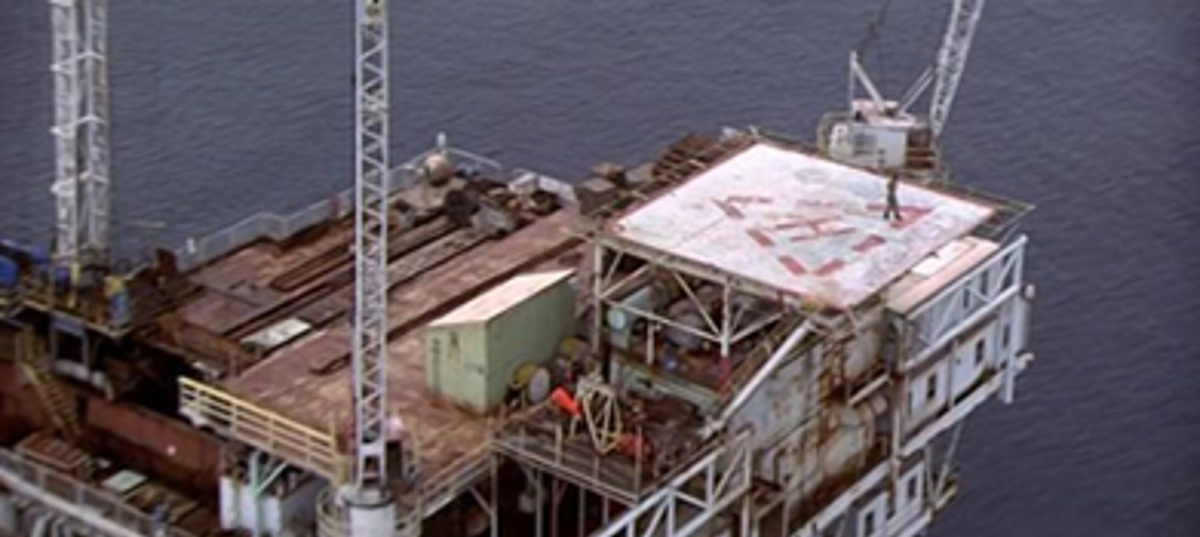BSEE: Crane safety awareness during offshore helideck operations
- Safety Flash
- Published on 16 April 2025
- Generated on 18 April 2025
- IMCA SF 07/25
- 2 minute read
Jump to:
BSEE, the United States Bureau of Safety and Environmental Enforcement, published Safety Alert 491 relating to a the investigation of a near miss crane incident on an offshore platform.
What happened?
The incident underscores the need for heightened crane safety awareness during helideck operations. On 16 September 2024, a routine helicopter approach to a helideck on an offshore facility nearly resulted in a serious accident due to a failure to follow proper helideck procedures. Before landing, the helicopter pilot visually confirmed that a nearby crane was securely stowed and stationary. However, as the helicopter neared the helideck, the crane operator unexpectedly raised the crane boom, bringing it alarmingly close to the landing area as the helicopter was 10 feet from touchdown. The pilots swiftly executed a go-around manoeuvre, successfully avoiding a collision and ensuring the safety of the crew and passengers onboard.
With regard to simultaneous operations, the incident underscores the importance of:
- Heightened awareness
- Good communication and coordination
- Following established safety protocols.
Although the pilot’s quick actions averted disaster, the incident revealed a lack of systemic communication and procedural enforcement.

Recommendations (based on BSEE alert)
These recommendations are equally applicable to SIMOPS and to vessels approaching installations, as to helicopter operations.
- Monitoring for hazards during all phases of operations where one vessel approaches another or approaches an installation.
- Readiness to respond quickly to potential threats, allowing enough time and space to manoeuvre safely.
- Open and ongoing communication between personnel on both vessels or on installation and vessel.
- Have an agreed and thorough understanding of who is primarily responsible for coordinating activities and mitigating risks.
- Encourage all crew members to speak up and verify critical information during complex and/or simultaneous operations.
Related Safety Flashes
-
IMCA SF 28/20
28 September 2020
-
-
IMCA SF 04/22
10 February 2022
-
IMCA Safety Flashes summarise key safety matters and incidents, allowing lessons to be more easily learnt for the benefit of the entire offshore industry.
The effectiveness of the IMCA Safety Flash system depends on the industry sharing information and so avoiding repeat incidents. Incidents are classified according to IOGP's Life Saving Rules.
All information is anonymised or sanitised, as appropriate, and warnings for graphic content included where possible.
IMCA makes every effort to ensure both the accuracy and reliability of the information shared, but is not be liable for any guidance and/or recommendation and/or statement herein contained.
The information contained in this document does not fulfil or replace any individual's or Member's legal, regulatory or other duties or obligations in respect of their operations. Individuals and Members remain solely responsible for the safe, lawful and proper conduct of their operations.
Share your safety incidents with IMCA online. Sign-up to receive Safety Flashes straight to your email.